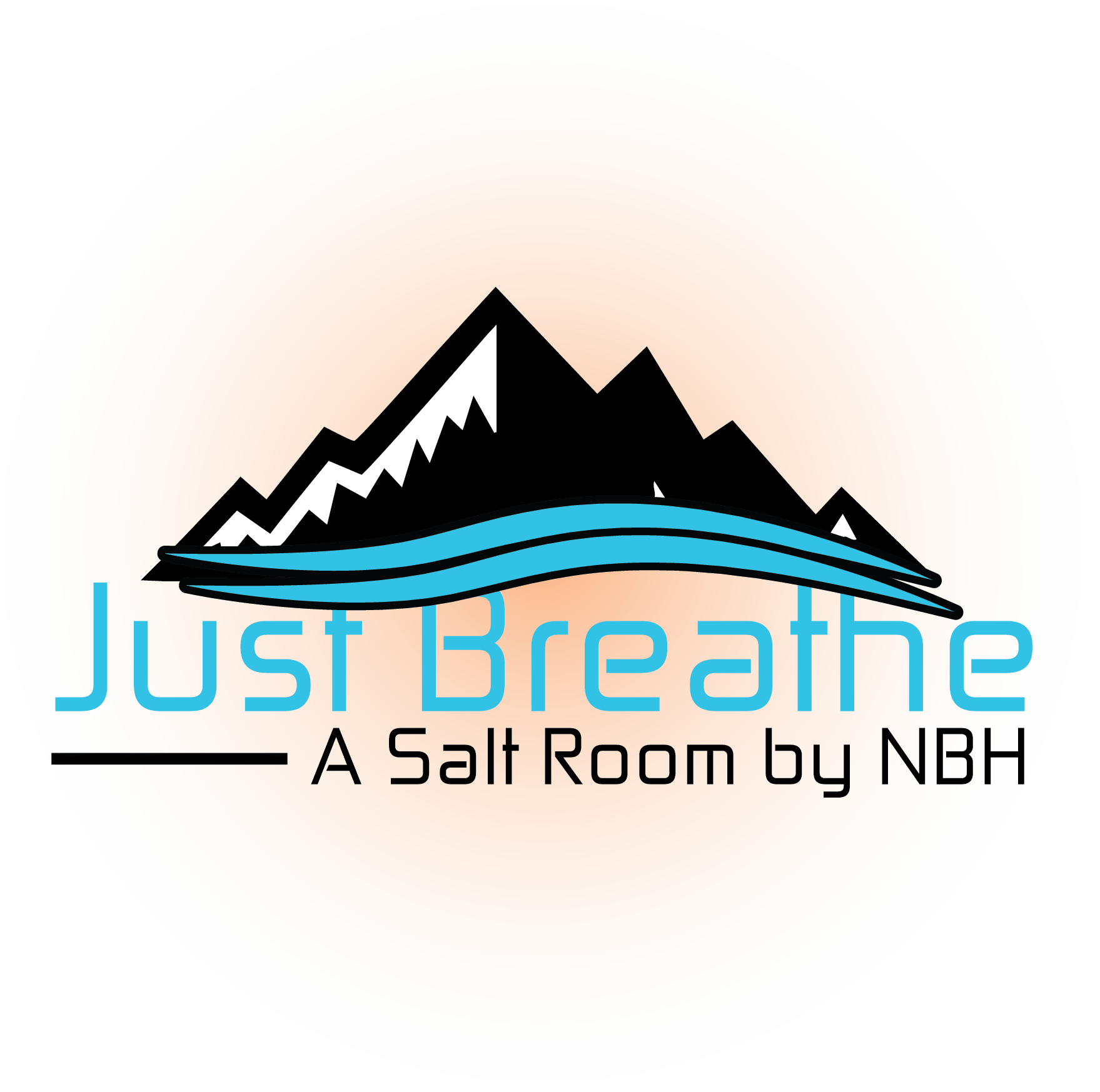
Heartburn, diarrhea, constipation, irritable bowel syndrome, Crohn’s Disease, gall bladder issues, these are all dis-eases or symptoms from the body that let you know that your digestive system is not working very well. If your digestion is not working, you are not getting the nutrients that your body needs and you will get symptoms that range from anxiety, heart palpitations, achy muscles and joints, headaches, diarrhea or constipation, and more.
Put very simply, our digestive system is basically a long tube that starts where the food enters our body at the mouth and ends where it leaves our body at the anus. In between, a lot should happen.
You take a bite of food and let’s start there. Choosing which food to take a bite of is an important decision. Look for foods that come from nature, are not packaged, and have been minimally processed, if at all. Ideally your food should come from the farm and have not spent any time in a laboratory being transformed into a food-like substance.
You chew it and swallow it. The food travels down the esophagus and enters the stomach. From there, it leaves the stomach and enters the small intestines, continues to travel through the digestive track until it reaches the large intestine and then leaves the body through the anus.
When you are eating, you should be in a relaxed state and not driving, texting, reading, or doing anything else that might stress you out or pull your attention away from your food. Digestion works much better when we are relaxed. Also, the only part of digestion that you can truly control is chewing. Chewing breaks up the food and stimulates the release of enzymes that begin the digestive process. Be sure to chew your food well, ideally 20-30 chews per bite of food until it is almost liquid to allow the process further down to work optimally.
The esophagus helps the food make its way into the stomach. In the stomach, the proteins are broken down into amino acids when the stomach acid is of optimum volume and acidity. Various medications such as PPI’s, also known as protein pump inhibitors, and aspirin or ibuprofen, thin the mucus lining of the stomach and decrease the amount of stomach acid that is present. It is commonly thought that too much stomach acid causes heartburn but, in actuality, it is frequently too little. The stomach acid may leak through a valve that connects the esophagus to the stomach and it corrodes the wall of the esophagus and causes a burning sensation. This is the cause of heartburn.
When stomach acid is not working optimally, the proteins are not properly broken down into amino acids which are needed to create hormones and neurotransmittors. This leads to depression, anxiety, poor sleep and a myriad of other problems.
In addition, when the proteins are not properly broken down, minerals that are trapped in the proteins are not released. This can result in heart palpitations and headaches from lack of magnesium, more colds and illnesses due to a lack of zinc and vitamins that are needed to support the immune system, and tingling in the hands and feet as a result of poor B12 absorption. Clearly, these are not all the symptoms that can happen but just a few examples.
As the digested food moves out of the stomach and into the small intestine, the gallbladder and pancreas are triggered to release digestive enzymes and bile. It is commonly thought that the gallbladder is just a storage place for bile. Bile is responsible for emulsifying fats which helps in their digestion and aids in the absorption of fat soluble vitamins including vitamins A,E, and D. These vitamins are a key component of keeping the immune system strong. Generally, the gallbladder is removed and no further instruction is given. While it is true that the liver is always producing bile, bile salts or oxides, should be consumed with a meal to aid in the digestion of fats since the body may not always be producing enough bile for optimal digestion.
The small intestine is also commonly affected by stress, a diet high in sugar and processed foods, low vitamin D and more which results in something commonly known as leaky gut. In leaky gut, the small intestines have gaps in the cell membrane that separates the gut from the internal world. This results in molecules of food getting into the blood stream before it is properly digested and activating an immune response. This can lead to headaches, aches and pains in muscles and joints, digestive issues, problems sleeping, and more. People often don’t realize that their body is reacting to food and just think that they are prone to headaches or, my favorite, “are just getting older.”
The food continues to travel down the small intestine and into the large intestine. Various microbes consume the remaining food and use it to create vitamins. Any toxins that were present are, hopefully, bound to chemicals that are eventually eliminated in the urine and stool.
When any of this does not work the way it should, digestion does not occur optimally and dis-ease in the body occurs. This dis-ease does not have to be gut related and is often seen in other parts of the body or even in the brain where the symptoms might be difficulty making decisions, having a hard time thinking, anger, irritability, anxiety and more.
Functional medicine approaches symptoms by looking for a root cause which is almost always in the gut. Is your system working as well as it could be? Contact Missy Cohen, MPH, Certified Functional Medicine Health Coach for an initial consult at Just Breathe by calling 508-366-8292.


